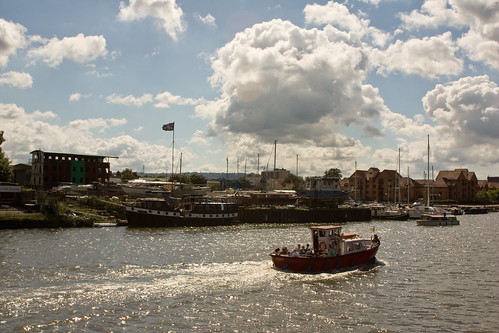Long hot summer…on and off
Well I think the rain is confirming that summer is now over. It’s been a busy one and as a result I haven’t blogged or read as much as I had hoped to. I have, however, had a lot of fun, some of which was caught on film – or rather, camera sensor. Here are some photographic highlights.
impressive acrobatics at Bristol Harbourside Festival,

an astronomy fair during a trip to Devon

and some more meanders around Bristol with good friends.

Edit: I just noticed that this is my 50th post, which doesn’t seem that many at all, but it’s still a milestone so yay! 50 posts!


